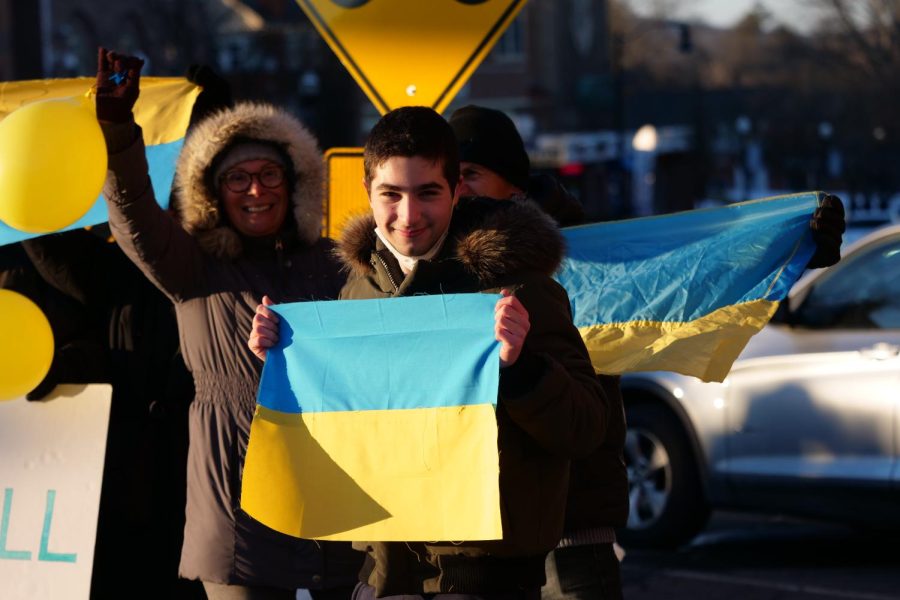I have recently read many articles about the war in Ukraine that advocate to end performative activism and instead encourage participation in the political process. Many are advocating to learn about the recent political history of Russia and Ukraine, to discern disinformation and information, and to empathize with those who suffer under the war.
These types of articles often defer action to official political authorities. They advocate quoting from official sources rather than from social media.
While these criticisms are valid, what other option do we have? I too, question the effectiveness of adding a Ukrainian flag to one’s twitter bio. But what are the alternatives? Is our only option to trust official efforts and participate in the discourse about the war?
It leaves a bad taste in my mouth to hear that we ought to rely on the efforts and information of official sources. Firstly, on a pedantic note, I don’t think we should rely on the official sources of the Russian government. Secondly, I have very little faith in politics. To suggest that students should participate in the very same system that brought forth the war is a misguided suggestion. The political logic that geopolitical conflict subscribes to can only reproduce itself, and contrary to popular conception, war is not “the last resort” but the logical conclusion of a world where fiefdoms fight each other over resources and hegemonic control over each other.
As members of civil society, we will never be foreign policy experts and we will always be unaware of the secret deals, the fight over resources, and the ideological shifts of leaders. I am quite glad that I am not a foreign policy expert. To try to understand the inner working of the leaders of the world would be to subscribe to their homicidal logic. When war comes it is not because history has a tendency to repeat itself, but a sign of how little has fundamentally been changed.
Performative activism and donations are a sign that a genuine need exists to act in one of the century’s greatest upheavals. Rather than suggesting that students should merely learn more about the situation and participate in the political process, I suggest that they we use of faculties and facilities to bring the war to a favorable end.
The computer science department could, for example, support Ukraine in its technological projects. Those in the anthropology department, for example, could assist in investigating war crimes. These are all things that we students can hypothetically do. We are only limited by our imaginations and our dependence on the political process.
In this great upheaval, direct action must be needed. If not because the political process can only reproduce itself, then because the political process is boring. In their seminal 1997 work, Your Politics Are Boring As F***, Nadia C. make a criticism against politics of many radicals, writing “We know that our boredom is proof that these [radical] ‘politics’ are not the key to any real transformation of life. For our lives are boring enough already!”
This statement is also implicitly targeted at non-radical politics. Whenever election season comes by, the traditional political process feels repetitive and ineffective. Viewing the recent polls in Florida, the meaningless endorsements, the manufactured and meaningless conflicts created by the media. It is only when we organize and do direct action that we can liberate ourselves from our dependence on politicians, and supersede politics.
I am told that it is in college where I will meet some of the smartest people. We should prove it with action in one of the century’s greatest upheavals.
Benjamin Zhou is a Collegian contributor and can be reached at [email protected].


















